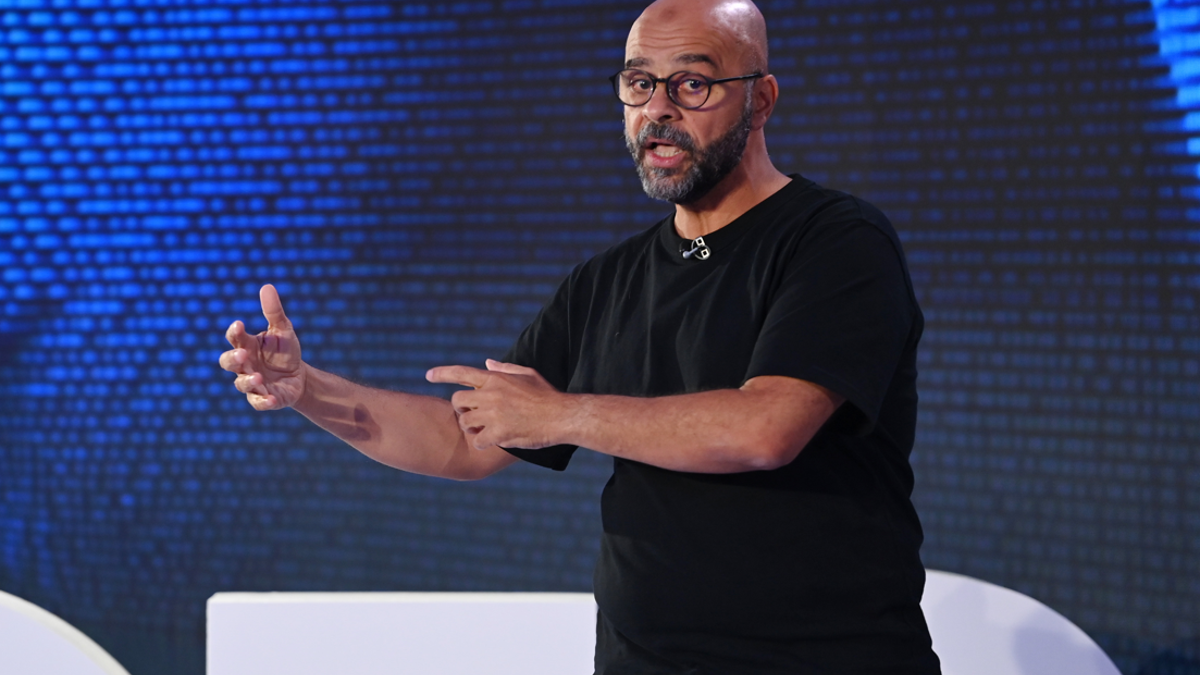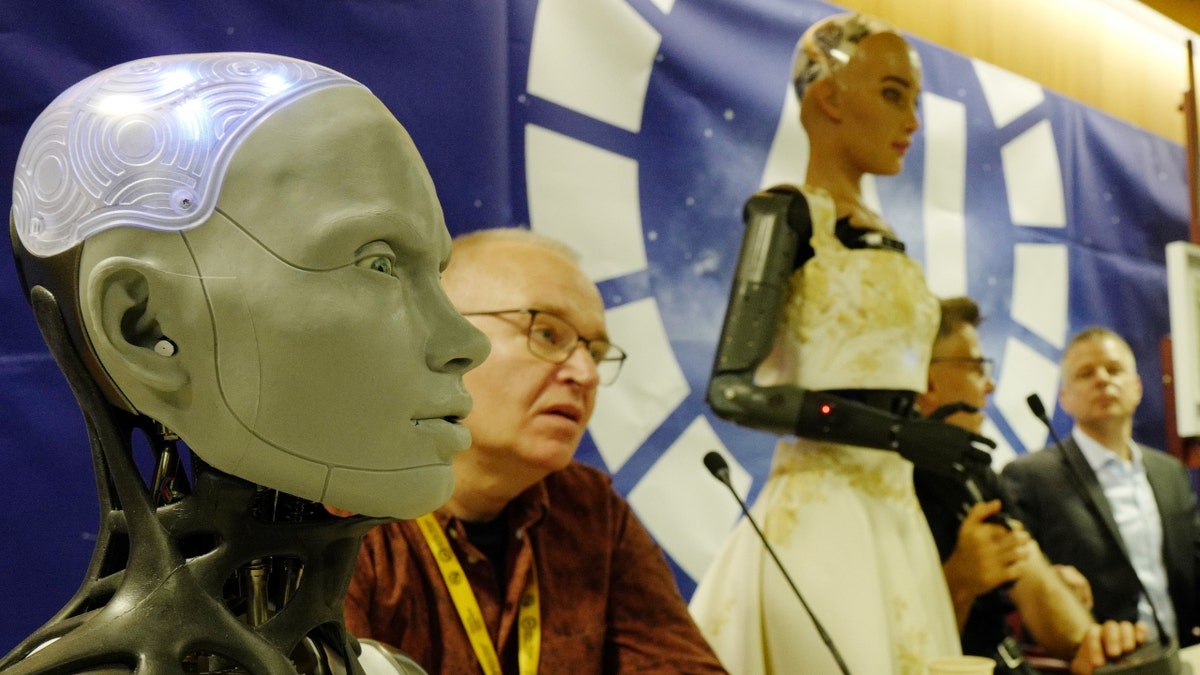Former Google X chief business officer Mo Gawdat recently shared his concerns about the potential impact of artificial intelligence on human relationships. In an interview on the "Impact Theory with Tom Bilyeu" podcast, Gawdat discussed how AI's ability to simulate realistic experiences, including sex, could reshape how we perceive love and connection.
Gawdat highlighted the increasing difficulty in distinguishing reality from illusion in the digital age. He pointed out that since sexual experiences are primarily processed in the brain, simulating them through AI, virtual reality, or augmented reality could become increasingly convincing. With advancements like Neuralink, which aims to connect directly to the nervous system, the need for a human partner might be questioned in the future.

Gawdat emphasized that the debate around AI sentience is less important than its ability to create believable experiences. Whether an AI is truly self-aware or simply mimicking human interaction, the impact on the user's perception remains significant. He used the example of an AI-generated avatar of Morgan Freeman: if the interaction feels real, the question of actual sentience becomes secondary. Gawdat believes we are rapidly approaching a point where such simulations are indistinguishable from reality.
Focusing on the rapid adoption of technology by younger generations, Gawdat noted how children readily interact with AI programs as if they were human friends. He suggested that this trend could lead to a significant societal shift in how we form relationships. He questioned what might prevent dating apps from incorporating AI avatars, given the potential profitability and the existing popularity of AI companion programs like Replika.

Addressing the issue of "deaths of despair" and the potential impact of AI companionship, Gawdat expressed uncertainty about whether this technological advancement would ultimately benefit or harm humanity. While acknowledging the potential for AI companions to be "nicer than a girlfriend," he also expressed concern about the current trajectory of AI development and its potential negative consequences.

Gawdat, author of "Scary Smart: The Future of Artificial Intelligence and How You Can Save Our World," is recognized as a leading voice on the ethical implications of AI and its unregulated development.
Comments(0)
Top Comments